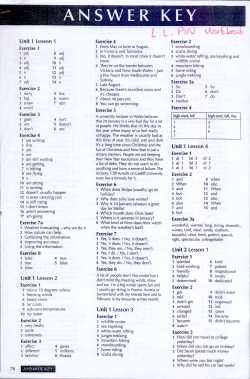
Studying Elie Wiesel’s powerful memoir, “Night,” can be a challenging but rewarding experience. To help you navigate through the various themes and events in the book, we have created a comprehensive study guide answer key. This guide will provide you with detailed explanations and analysis of key questions, allowing you to deepen your understanding and appreciation of this important work.
Through our study guide answer key, you will gain valuable insights into the Holocaust, as well as the profound psychological and emotional impact it had on its survivors. We will explore the themes of loss, faith, and endurance, as well as the ethical questions raised by the atrocities committed during this dark chapter in history.
Our answer key will also help you dissect and interpret Wiesel’s writing style, which is both lyrical and haunting. By examining specific passages and quotations, you will learn to recognize the author’s use of symbolism, irony, and imagery, and understand how these literary devices contribute to the overall meaning and message of the narrative.
Whether you are a student looking for assistance with your school assignments or a reader seeking a deeper appreciation of Wiesel’s powerful memoir, our “Night” study guide answer key is an invaluable resource. Join us on this journey of exploration and understanding as we delve into the profound themes and revelations of “Night.”
Night Study Guide Answer Key
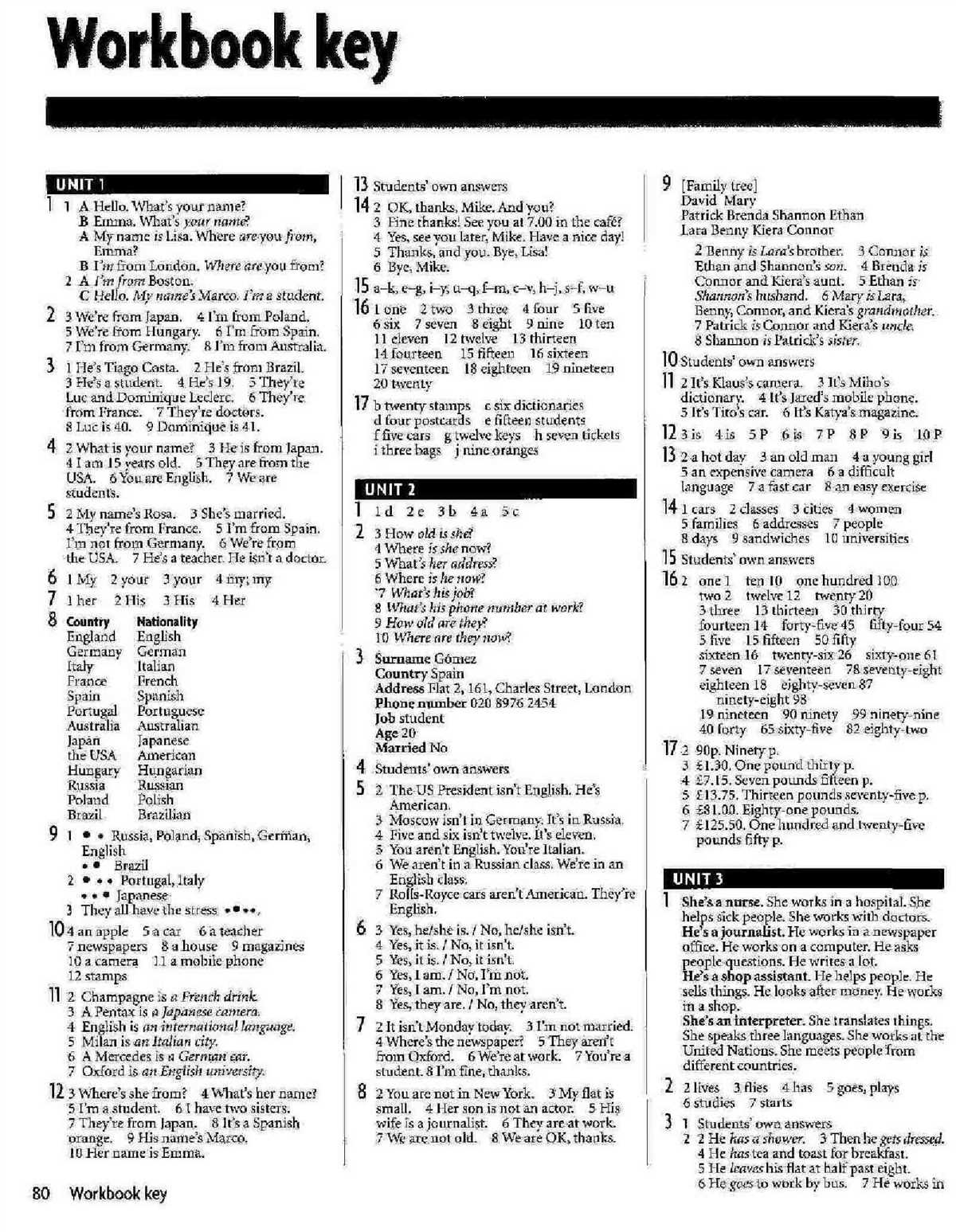
In Elie Wiesel’s memoir “Night,” the author recounts his experiences as a teenage boy during the Holocaust. The book is an important piece of literature that serves as a reminder of the atrocities committed during this dark period in history. This study guide will provide key answers and insights to help readers better understand the themes and events in the book.
1. What is the significance of the title “Night”?
The title “Night” carries multiple meanings in the book. It represents the literal darkness that envelops the concentration camps and symbolizes the loss of hope and humanity. It also serves as a metaphor for the spiritual and moral darkness that the characters experience throughout the book.
2. How does Elie Wiesel’s relationship with his father change throughout the memoir?
In the beginning, Elie and his father have a strong bond and rely on each other for support. However, as the hardships and horrors of the concentration camps increase, their relationship becomes strained. Elie’s survival instincts often conflict with his filial duty, and he sometimes feels ashamed of his lack of compassion for his father. Ultimately, their relationship deteriorates, but they still find solace and comfort in each other’s presence.
3. Discuss the theme of dehumanization in the book.
“Night” explores the ways in which the Nazis stripped the Jewish prisoners of their humanity. They were treated as objects, subjected to intense physical and emotional abuse, and denied basic human rights. The prisoners were reduced to mere numbers, deprived of their individuality and dignity. Through his vivid descriptions, Wiesel portrays the dehumanizing effects of the Holocaust.
4. How does Elie Wiesel’s faith evolve throughout the memoir?
Elie begins the memoir as a deeply religious boy, but his faith is shattered by the atrocities he witnesses in the concentration camps. He questions the existence of God and struggles with feelings of anger and betrayal. However, he still clings to his faith in moments of despair, finding strength and solace in prayers and religious rituals.
5. What is the significance of silence in “Night”?
Silence plays a significant role in the book, representing the inability or fear to speak out against injustice and inhumanity. The prisoners often remain silent in the face of horrific events, either out of fear or a numbing of emotions. Silence also symbolizes the absence of God’s voice and the lack of response to the suffering of the Jewish people.
6. Discuss the role of memory in the memoir.
Memory is a powerful theme in “Night.” Through his memoir, Wiesel emphasizes the importance of remembering the Holocaust and honoring the victims. Memory serves as a form of resistance against the efforts to erase history and deny the truth. Wiesel also highlights the burden of memory and the struggle to reconcile the past with the present.
7. What is the significance of the last line of the book, “From the depths of the mirror, a corpse was contemplating me”?
This haunting line signifies the loss of identity and the profound impact that the Holocaust had on the survivors. It represents the lasting trauma and the haunting memories that continue to haunt Elie Wiesel, even after his liberation. The imagery of the corpse also serves as a reminder of the millions of lives lost during the Holocaust.
- “Night” is a memoir by Elie Wiesel that recounts his experiences during the Holocaust.
- The title “Night” carries multiple meanings, symbolizing darkness and the loss of hope.
- The relationship between Elie and his father changes throughout the memoir, becoming strained due to the hardships they endure.
- The theme of dehumanization is explored in the book, depicting the ways in which the Nazis stripped the Jewish prisoners of their humanity.
- Elie’s faith evolves throughout the memoir, as he questions the existence of God but still clings to his faith in moments of despair.
- Silence is a significant motif in “Night,” representing the inability or fear to speak out against injustice.
- Memory is a powerful theme in the book, emphasizing the importance of remembering the Holocaust.
- The last line of the book, “From the depths of the mirror, a corpse was contemplating me,” signifies the lasting trauma and the impact of the Holocaust on survivors.
Overview of the Night Study Guide
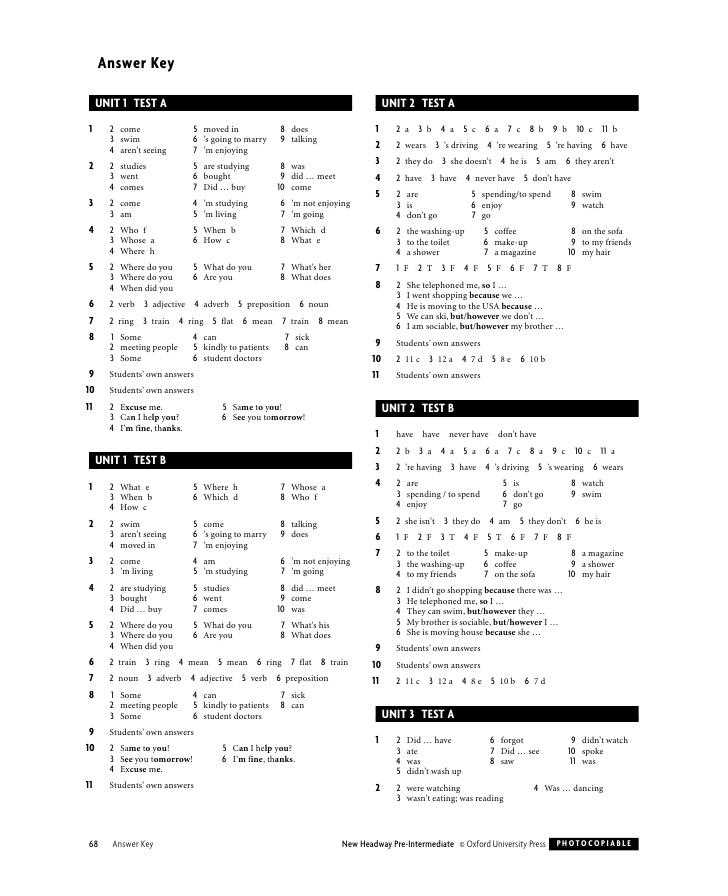
The Night Study Guide is a comprehensive resource designed to assist students in understanding and analyzing the novel “Night” by Elie Wiesel. The guide provides a detailed summary of each chapter, as well as analysis of key themes, characters, and literary devices. It also includes study questions and essay prompts to help students delve deeper into the text and develop critical thinking skills.
The study guide begins with an introduction to the background and context of the Holocaust, providing readers with a broader understanding of the historical events that influenced the author’s narrative. It then delves into a chapter-by-chapter analysis, providing a brief summary of each chapter along with detailed explanations of important quotes and passages.
The guide explores various themes in “Night,” such as the loss of faith, the cruelty of humanity, and the power of resilience. It examines the development of the main character, Eliezer, and his transformation throughout the book. Additionally, the guide highlights the use of literary devices, such as symbolism and imagery, to enhance the impact of the story.
In addition to the analysis, the Night Study Guide includes a variety of study aids to help students engage with the material. This includes discussion questions that encourage students to think critically about the text and form their own interpretations. The guide also provides essay prompts that prompt students to analyze specific themes or characters in depth.
Overall, the Night Study Guide serves as an invaluable resource for students studying “Night.” Whether used in the classroom or for independent study, the guide offers a comprehensive and accessible analysis of the novel, enabling students to deepen their understanding, engage with the text, and develop their analytical and interpretive skills.
Chapter-by-Chapter Summary and Analysis
In Elie Wiesel’s memoir “Night,” the author recounts his experiences as a young boy during the Holocaust. Written in a straightforward and haunting narrative, each chapter delves deeper into the horrors and atrocities of the Nazi regime. Wiesel’s story serves as a powerful reminder of the human capacity for both suffering and resilience.
Chapter 1: Loss of Innocence
The memoir begins with a scene of Elie Wiesel and his family living in Sighet, a small town in Transylvania. The setting is peaceful and normal, with no indication of the horrors that await. Elie describes his religious studies and his close relationship with his father. The chapter ends with the arrival of Hungarian authorities, marking the first signs of the Nazis’ control over the Jewish population.
Chapter 2: The Ghettos
In this chapter, Elie and his family are forced to leave their home and move into a crowded ghetto. Conditions are deteriorating rapidly, with limited food and sanitary facilities. Dehumanizing acts become commonplace, as the Jewish community is stripped of their dignity. Elie witnesses acts of violence and cruelty, foreshadowing the horrors to come.
Chapter 3: Auschwitz-Birkenau
In this chapter, Elie and his family are transported to the infamous concentration camp, Auschwitz-Birkenau. They are separated upon arrival, and Elie is left with his father. The chapter vividly describes the staggering brutality and inhumanity of the camp, with its sadistic guards and systematic killing of prisoners. Elie witnesses his first hanging, which further shatters his innocence and faith.
Chapter 4: Struggles and Survival
In this chapter, Elie and his father endure the harsh conditions of the camp and struggle to survive. They face constant hunger, exhaustion, and physical abuse. Elie witnesses the cruel treatment of his fellow prisoners and the breakdown of basic morality. Despite the overwhelming suffering, Elie clings to the hope of liberation and tries to protect his father from despair.
Chapter 5: Liberation
In the final chapter, Elie survives the death marches and is liberated by American forces. He describes the joy and disbelief of the prisoners, but also the difficulty of transitioning back to normal life. The chapter ends with Elie looking at his reflection, realizing that the boy he once was is forever changed by the horrors of the Holocaust.
Overall, “Night” provides a searing account of one man’s personal experience during the Holocaust. Each chapter builds upon the previous one, depicting the gradual loss of innocence, the dehumanization of the Jewish people, and the struggle for survival. Wiesel’s poignant and haunting prose forces readers to confront the darkest depths of humanity and serves as a powerful testament to the strength of the human spirit in the face of unimaginable suffering.
Key Themes and Symbols in Night
Night, written by Elie Wiesel, is a powerful memoir that recounts the author’s experience as a teenager during the Holocaust. Throughout the narrative, several key themes and symbols are used to convey the horrors of the Holocaust and the impact it had on the lives of those who lived through it.
One of the central themes in Night is the loss of faith. Wiesel, who was deeply religious before the Holocaust, grapples with the question of how a loving God could allow such atrocities to happen. This loss of faith is depicted through his portrayal of the prisoners’ struggle to maintain their beliefs in the face of unimaginable suffering. Wiesel’s description of the hanging of a young child and the subsequent question of where God is in such a moment highlights this theme of faithlessness.
Another important theme in Night is dehumanization. Throughout the memoir, Wiesel describes the gradual stripping away of the prisoners’ humanity as they are subjected to inhumane treatment and conditions. The concentration camps become places where basic human rights are disregarded, and the prisoners are reduced to mere numbers. This dehumanization is exemplified by the use of the yellow star as a symbol of the Jews’ otherness and the tattooed numbers on the prisoners’ arms, representing their loss of individual identity.
In addition to themes, Night also utilizes various symbols to convey the horrors of the Holocaust. One powerful symbol is fire, which appears throughout the narrative as a destructive force. Fire is used to symbolize the Nazis’ cruelty and the destruction of the Jewish people. Another symbol is the night itself, which represents the darkness and despair that enveloped the prisoners in the concentration camps. Night serves as a metaphor for the loss of hope and the absence of light during this dark period in history.
Overall, Night is a haunting portrayal of the Holocaust and the human capacity for evil. Through its exploration of themes such as loss of faith and dehumanization and its use of powerful symbols, the memoir leaves a lasting impact on readers, reminding them of the importance of remembering and learning from the past.
Character Analysis in Night
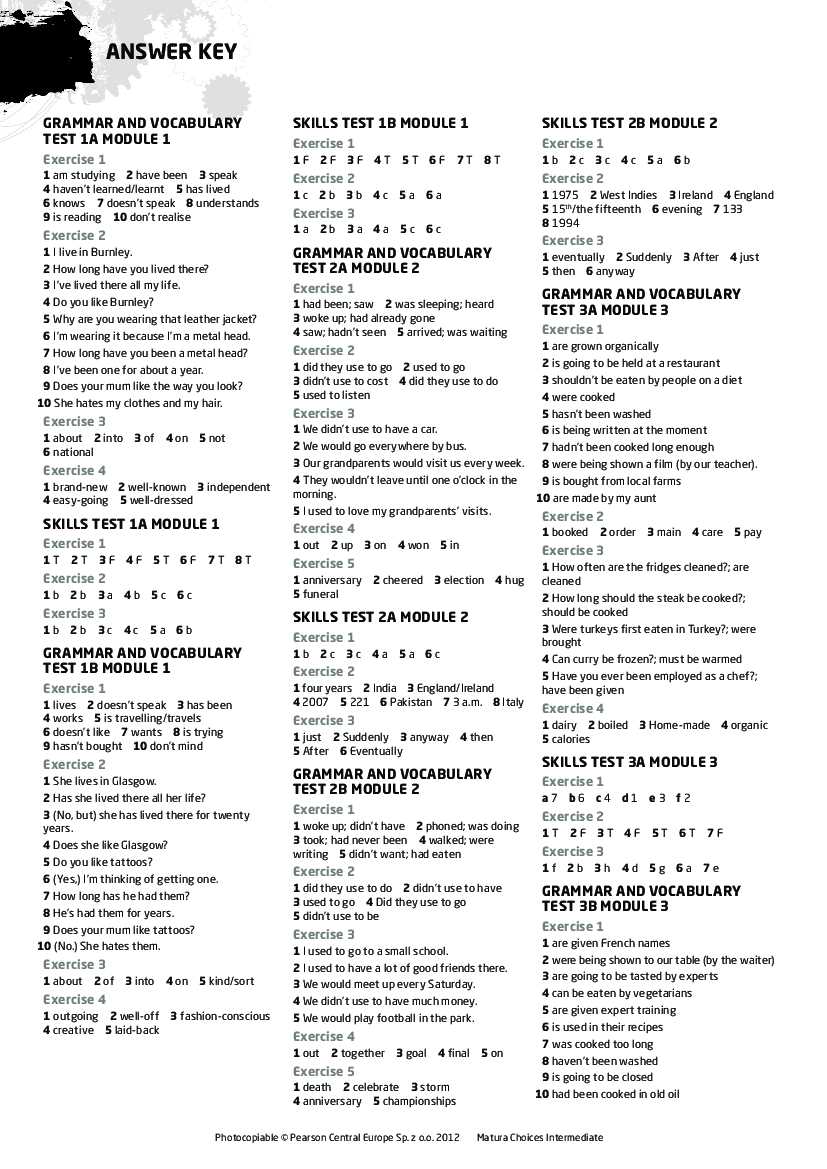
Elie Wiesel’s memoir, Night, provides a powerful portrayal of the human character under extreme conditions. Throughout the book, several key characters undergo significant transformations as they struggle to survive in the Nazi concentration camps. This character analysis will focus on Eliezer, the protagonist, and his father, as they navigate the horrors of the Holocaust.
Eliezer: As the narrator and protagonist of the memoir, Eliezer’s character evolves dramatically throughout the story. At the beginning, he is a deeply religious and studious young boy who is devoted to his faith. However, as the atrocities of the Holocaust unfold before his eyes, Eliezer’s faith in God and humanity is tested. He begins to question the existence of a benevolent God in the face of such cruelty and suffering. Eliezer’s character is shaped by his experiences in the concentration camps, transforming him into a survivor who has lost his faith and innocence.
Eliezer’s Father: Eliezer’s father is another significant character in the memoir. Initially, he is portrayed as a respected figure in their community, providing guidance and support to Eliezer. However, as the Holocaust progresses, his physical and mental health deteriorates. Despite his declining state, Eliezer remains devoted to his father and tries to protect and care for him. Their relationship becomes a symbol of the struggle for survival and the strength of familial bonds in the face of absolute horror. Eliezer’s father eventually succumbs to exhaustion and dies in the concentration camp, leaving Eliezer feeling a profound sense of loss and abandonment.
Overall, Night offers a poignant exploration of the human character under extreme circumstances. The transformations that Eliezer and his father undergo underscore the resilience and will to survive, while also highlighting the devastating impact of the Holocaust on individuals and their relationships. Through the characters of Eliezer and his father, Wiesel powerfully communicates the loss of faith, innocence, and humanity experienced by those who endured the Holocaust.
Discussion Questions and Essay Topics
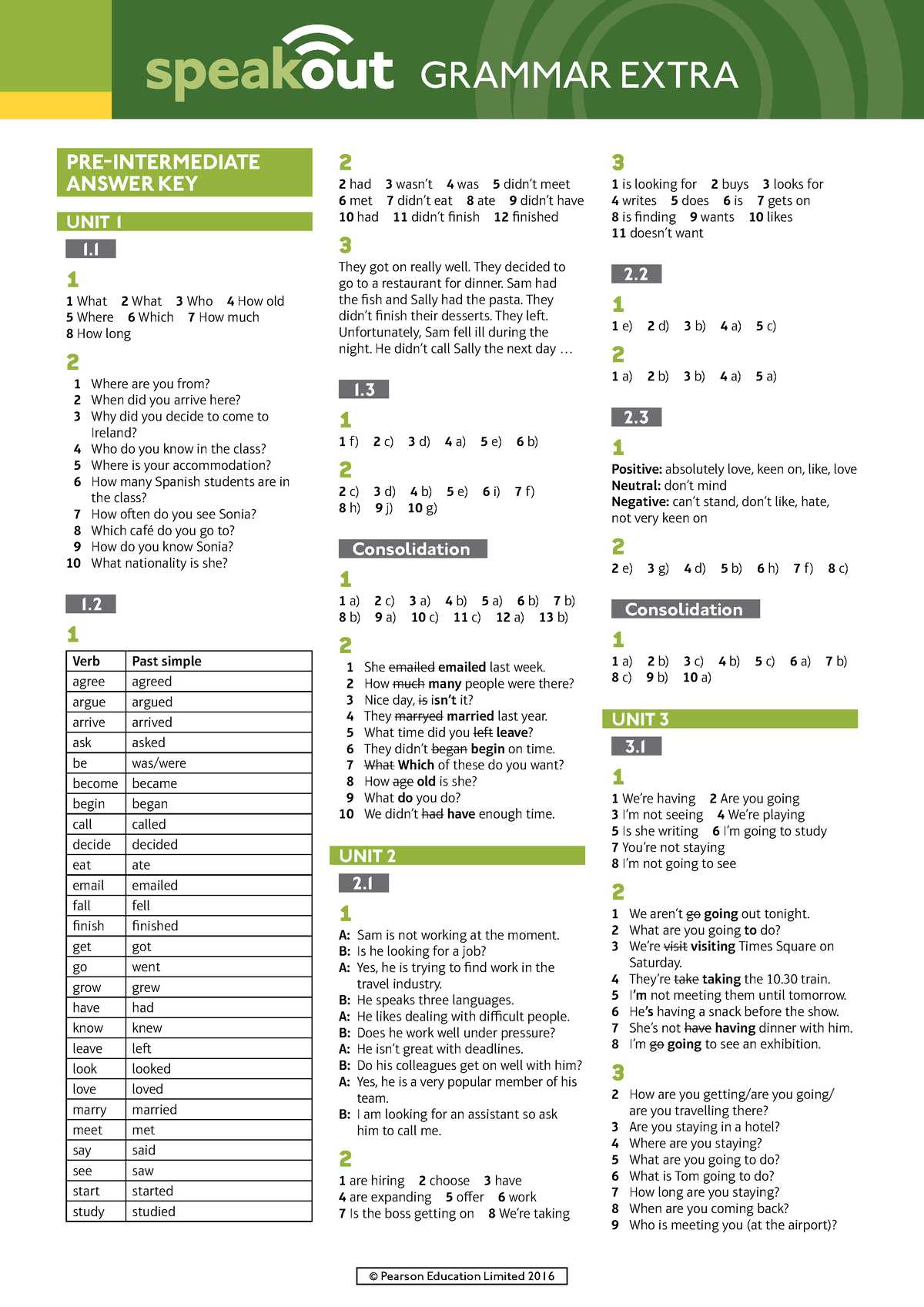
1. Discuss Elie Wiesel’s portrayal of the relationship between father and son in Night. How does this relationship evolve throughout the book? What role does it play in Elie’s survival?
2. Analyze the theme of dehumanization in Night. How does Wiesel depict the process of dehumanization in the concentration camps? How does it affect the prisoners’ sense of self and their relationships with others?
3. Compare and contrast the experiences of Elie and his father in the concentration camps. What are the similarities and differences in their reactions to the atrocities they witness? How do their experiences shape their perspectives on humanity and faith?
4. Discuss the role of silence in Night. How does silence function as a form of resistance or complicity in the face of injustice? How does Elie’s understanding of silence evolve throughout the book?
Essay Topics:
- Explore the theme of faith in Night. How does Elie’s faith change and evolve throughout the book? What factors contribute to his loss of faith, and how does he grapple with the question of God’s existence in the midst of such extreme suffering?
- Analyze the narrative structure of Night. How does Wiesel use storytelling techniques to convey the horror of the Holocaust? Consider the use of foreshadowing, flashbacks, and the progression of time in the narrative.
- Examine the role of memory in Night. How does Elie’s memory shape his understanding of the past and his own identity? How does he grapple with the responsibility of remembering and bearing witness to the atrocities he has experienced?
- Discuss the significance of the title Night. What does the concept of night symbolize in the book? How does darkness and the absence of light contribute to the overall atmosphere and themes of the memoir?
Further Resources for Studying Night
Now that you have finished studying Night, you may want to explore additional resources to deepen your understanding and enhance your learning experience. Here are a few suggestions:
- Elie Wiesel’s Other Works: Elie Wiesel has written many other powerful books and memoirs, including “Dawn” and “Day.” These books delve further into his experiences during the Holocaust and his reflections on faith, humanity, and survival.
- Historical Context: To gain a deeper understanding of the Holocaust and its impact, consider reading other books that provide historical context, such as “The Diary of Anne Frank” by Anne Frank or “The Book Thief” by Markus Zusak.
- Biographies of Elie Wiesel: Learning more about the life and contributions of Elie Wiesel can provide valuable insights into the writing of Night. Check out biographies such as “Elie Wiesel: A Religious Biography” by Frederick L. Downing or “Elie Wiesel: Surviving the Holocaust, Writing Night” by Mary Bowman-Kruhm.
- Study Guides and Analysis: Explore study guides and analysis of Night to gain different perspectives and interpretations. Websites like SparkNotes and CliffsNotes offer comprehensive summaries, character analyses, and discussion questions.
- Film Adaptation: Watch the film adaptation of Night, directed by Tim Blake Nelson. This visually stunning portrayal can provide a new perspective and enhance your understanding of the book.
By exploring these resources, you can continue to delve into the themes, historical context, and impact of Night. Remember to approach your studies with empathy, critical thinking, and a willingness to learn and grow.
Q&A:
Where can I find study guides for Night?
You can find study guides for Night on websites such as SparkNotes and CliffsNotes. These guides provide summaries, analysis, and discussion questions for each chapter of the book.
Are there any documentaries or films about Night?
Yes, there are several documentaries and films about Night. One notable documentary is “Night and Fog” directed by Alain Resnais. There is also a film adaptation of Night directed by Tim Blake Nelson, starring Elija Wood.
Are there any online courses available for studying Night?
Yes, there are online courses available for studying Night. Websites such as Coursera and edX offer courses on literature, including Night. These courses often include video lectures, readings, and quizzes to test your understanding of the material.
Can you recommend any additional books to read alongside Night?
Yes, if you enjoyed Night, you may want to read other works by Elie Wiesel such as “Dawn” and “Day.” You might also be interested in reading other memoirs or novels about the Holocaust, such as “The Diary of a Young Girl” by Anne Frank or “The Book Thief” by Markus Zusak.
What are some online discussion forums or book clubs for discussing Night?
There are several online discussion forums and book clubs where you can discuss Night with other readers. Goodreads has various groups dedicated to discussing Night, as well as other books related to the Holocaust. You can also find book clubs on platforms such as Facebook and Reddit.